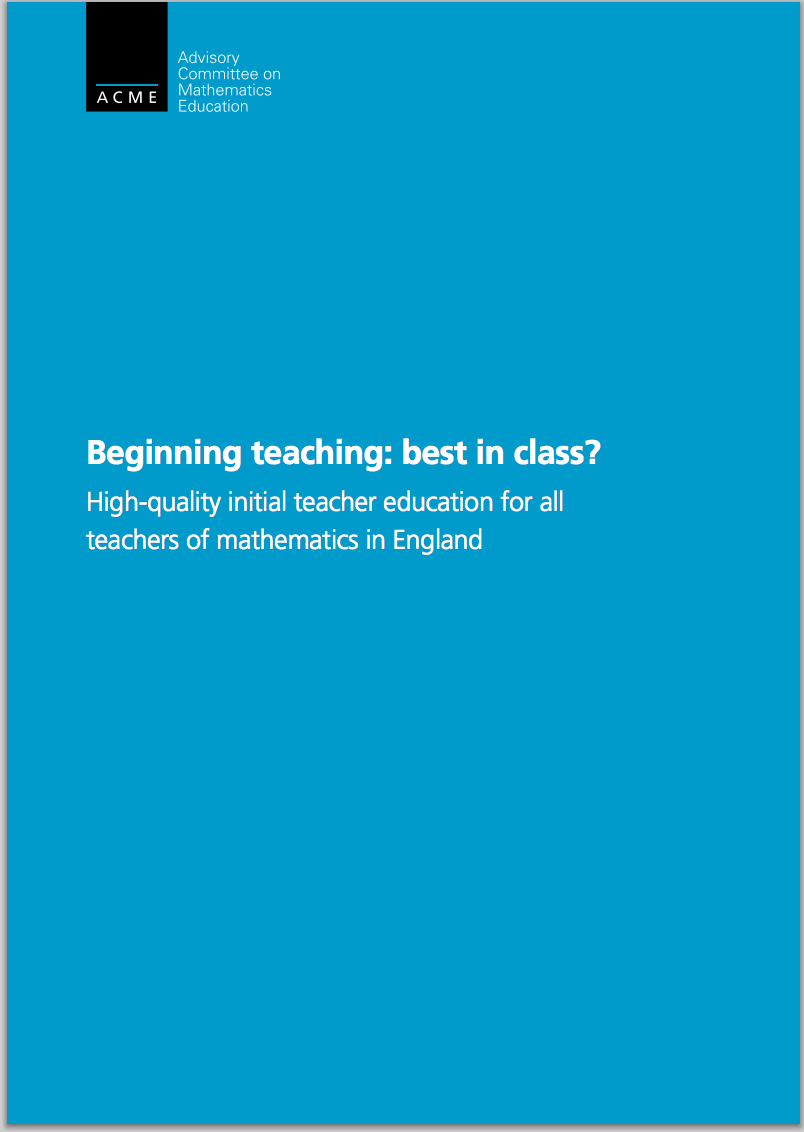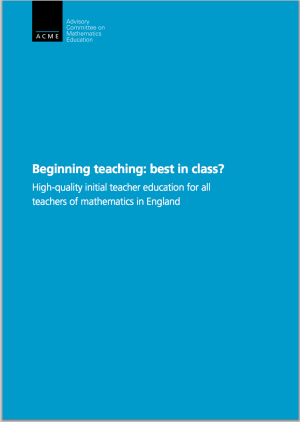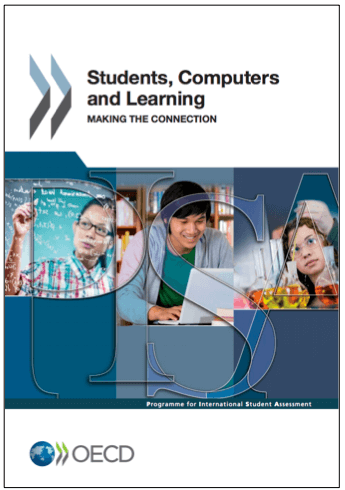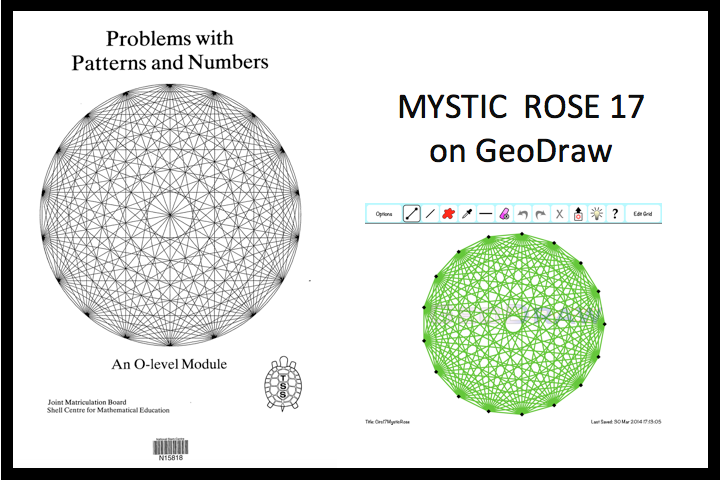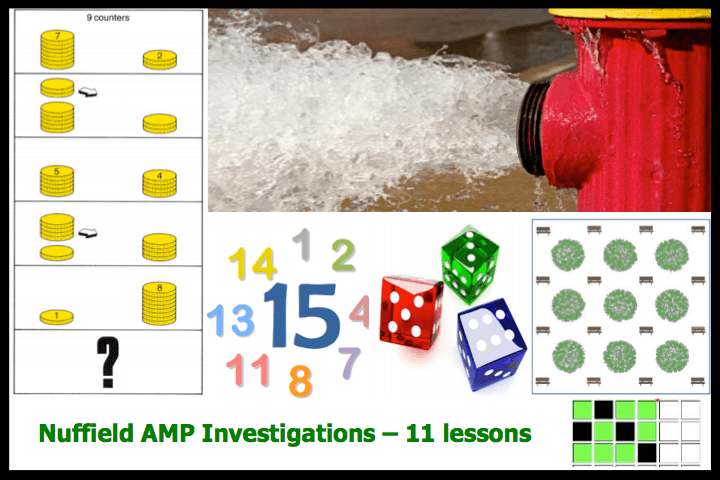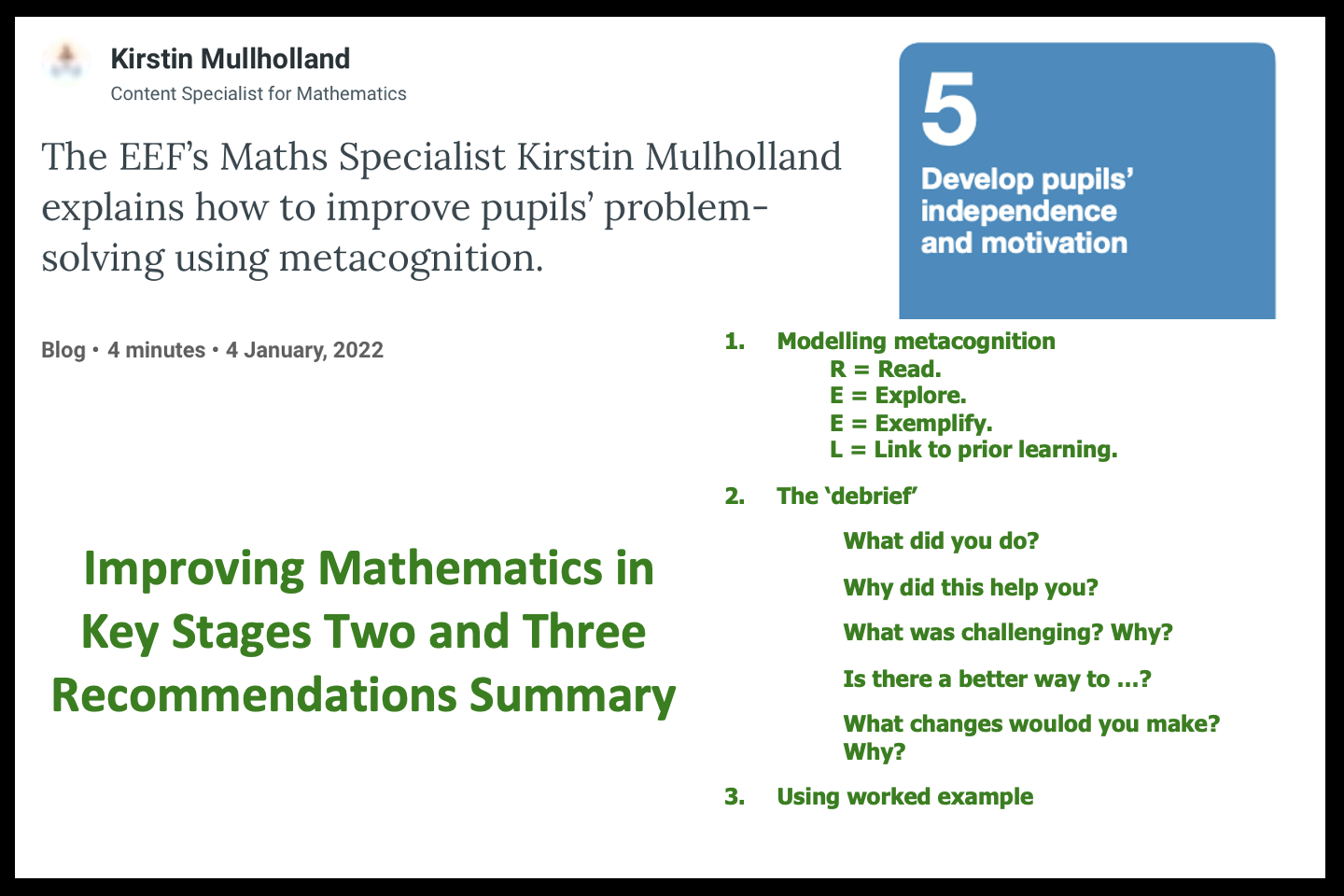Essential reading for all those involved in primary ITE and for those involved in secondary and FE mathematics ITE.
Beginning Teaching: Best in Class? report of 13 November 2015 produced by Advisory Committee on Mathematics Education (ACME).
By looking at the ITE of teachers of mathematics it indicates what ACME believes high-quality ITE provision for mathematics teachers should look like.
The report draws on its 2013 report Empowering teachers: success for learners and the Carter Review of ITT of 2015 looking at:
- its reason for the study
- what makes effective ITE of teachers of mathematics
- mathematical understanding of entrants to ITE
It then provides a long-term strategic plan for the ITE of teachers of mathematics.
The report concludes with these recommendations that it considers are the essential first steps in establishing a long-term strategic plan for ITE of teachers of mathematics.
Beginning TeachersBest in Class?Carter Review ofInitial Teacher TrainingEmpowering TeachersSuccess for Learners
Recommendations for ITE 1
Primary
In the short term all entrants to primary ITE should have at least a Grade 5 in the reformed GCSE Mathematics or an equivalent Level 2 qualification. In the long term there should be a move towards a system where everyone has a Level 3 mathematics qualification on entry. The overarching strategy for ITE would set out how to make this possible.
Secondary
- Entrants to secondary mathematics ITE should have undertaken a degree course with substantial mathematical elements or have completed a mathematics SKE course.
- The content and delivery of SKE courses must be regulated and quality assured through accreditation.
- For entrants without a degree covering substantial mathematical elements, SKE courses should have a minimum of 150 hours contact time.
Recommendations for ITE 2
Primary
During ITE primary trainees should have the opportunity to develop deep pedagogic knowledge of fundamental mathematics concepts.
A medium term priority is the development of a nationally-agreed framework, outlining the nature of pedagogical knowledge in mathematics required by primary teachers and suggested strategies to develop the subject and pedagogical knowledge required.
During the ITE course primary trainees should have:
- a minimum of 2 hours per week with a tutor focusing on pedagogic knowledge of fundamental mathematics concepts (72 contact hours)
- a minimum of 2 hours per week of mathematics specific directed study (72 hours).
Secondary
During ITE secondary trainees should have the opportunity to develop deep pedagogic knowledge of mathematics.
A medium term priority is the development of a nationally-agreed framework outlining the nature of the mathematical pedagogical content required in ITE courses and suggested strategies for its development.
Secondary trainees should have:
- a minimum of four contact hours with a mathematics-specific tutor each week (144 hours);
- four hours of directed study each week (144 hours).
All
These elements should be part of the accreditation of ITE courses and their inspection.
Recommendations for ITE 3
All
All ITE courses should provide trainees with the opportunity to develop the skills needed to become reflective practitioners who are able to evaluate and apply research on mathematics education and develop their own enquiries. Developing these skills requires ITE tutors who are themselves research skilled.
Primary and secondary trainees should be assessed on the development of these skills and their understanding of key research ideas.
Critical evaluation skills should be part of the accreditation of ITE courses and their inspection.
Recommendations for ITE 4
Trainees and new teachers should have regular access to extensive mathematics-specific mentoring. Trainees and new teachers should have regular sessions with mentors during ITE and will also receive mentoring for at least two years after achieving Qualified Teacher Status (QTS).
Clarity is needed about the roles and responsibilities of mentors, trainees and new teachers as well as the roles and responsibilities of ITE providers and schools. In the medium term, a structured training programme for mentors is required.
The more formal arrangements for mentoring should be reflected in the accreditation and inspection of ITE providers.
Primary
- At primary level mentors should recognise when trainees require subject-specialist support and should know how trainees can access local expertise. Mentors should receive training before mentoring trainees and new teachers.
Secondary
- At secondary level mentors should be mathematics specialists and experienced teachers. Mentors should receive training before mentoring trainees and new teachers.
Recommendations for ITE 5
All
There should be clear roles and responsibilities for trainees, new teachers and ITE providers, so that:
- ITE is seen as the first step on the journey as a mathematics teacher;
- there is an understanding of the entitlement and responsibility to engage with high-quality mathematics professional development throughout a teacher’s career.
In the short to medium term, a professional learning journey for all teachers of mathematics, including primary teachers, needs to be developed. This must highlight mathematics-specific requirements. This guidance should draw on the expertise of the mathematics education community and be based on research.

